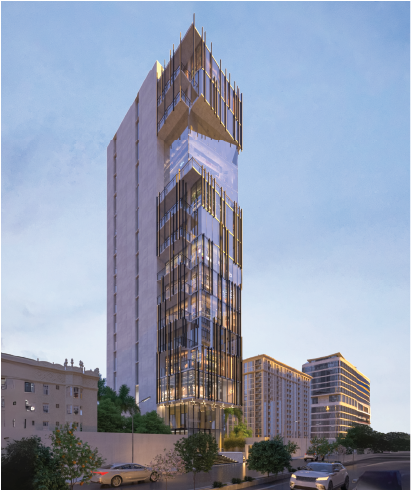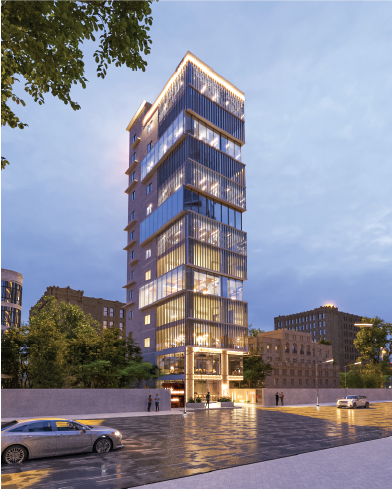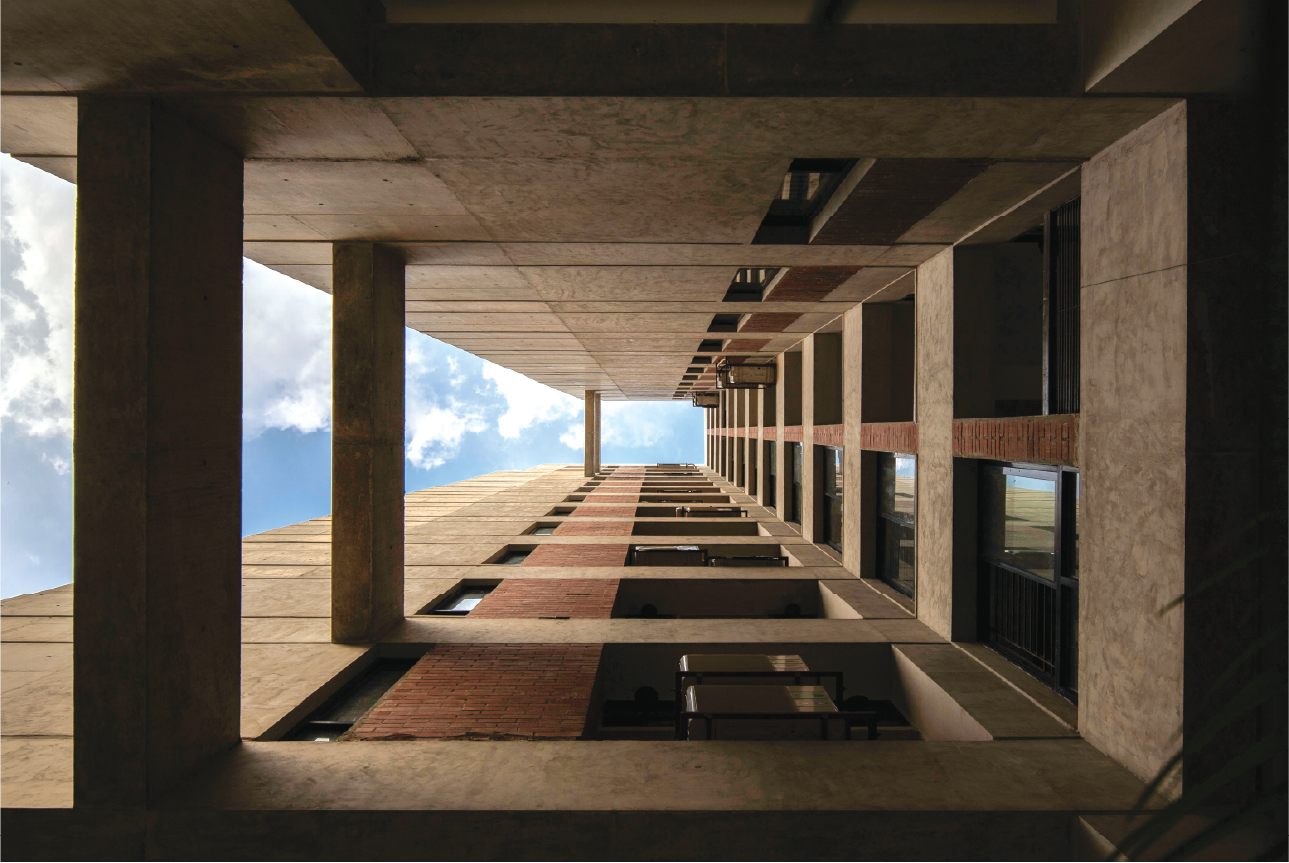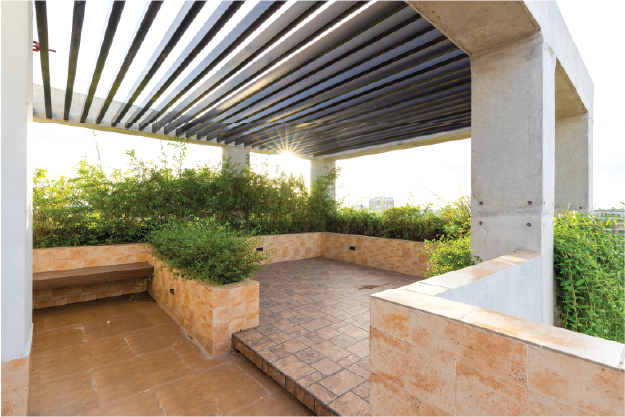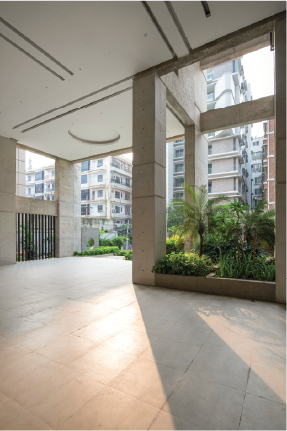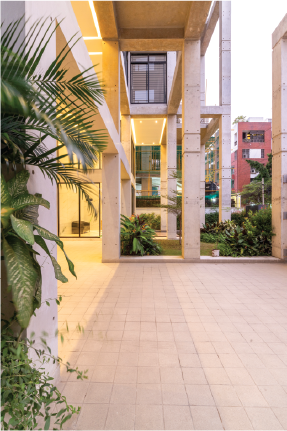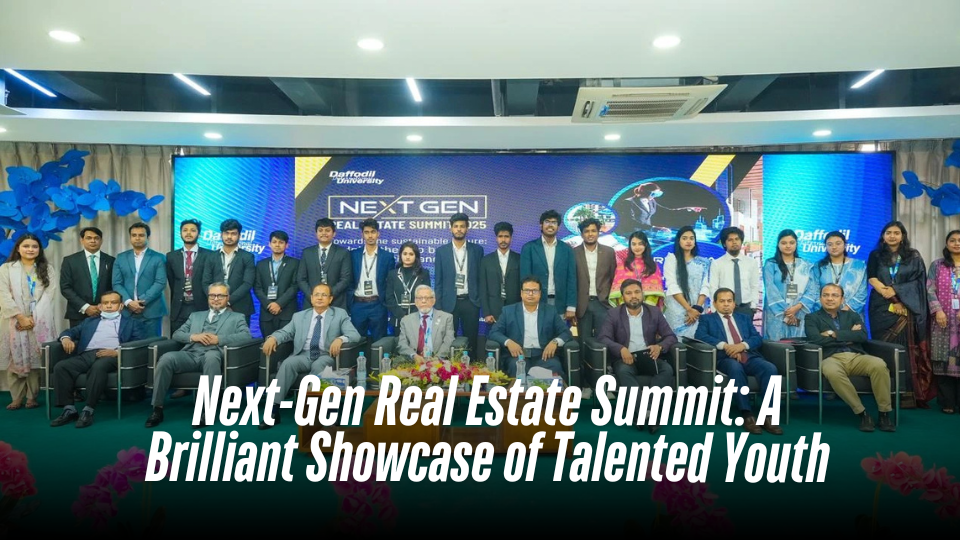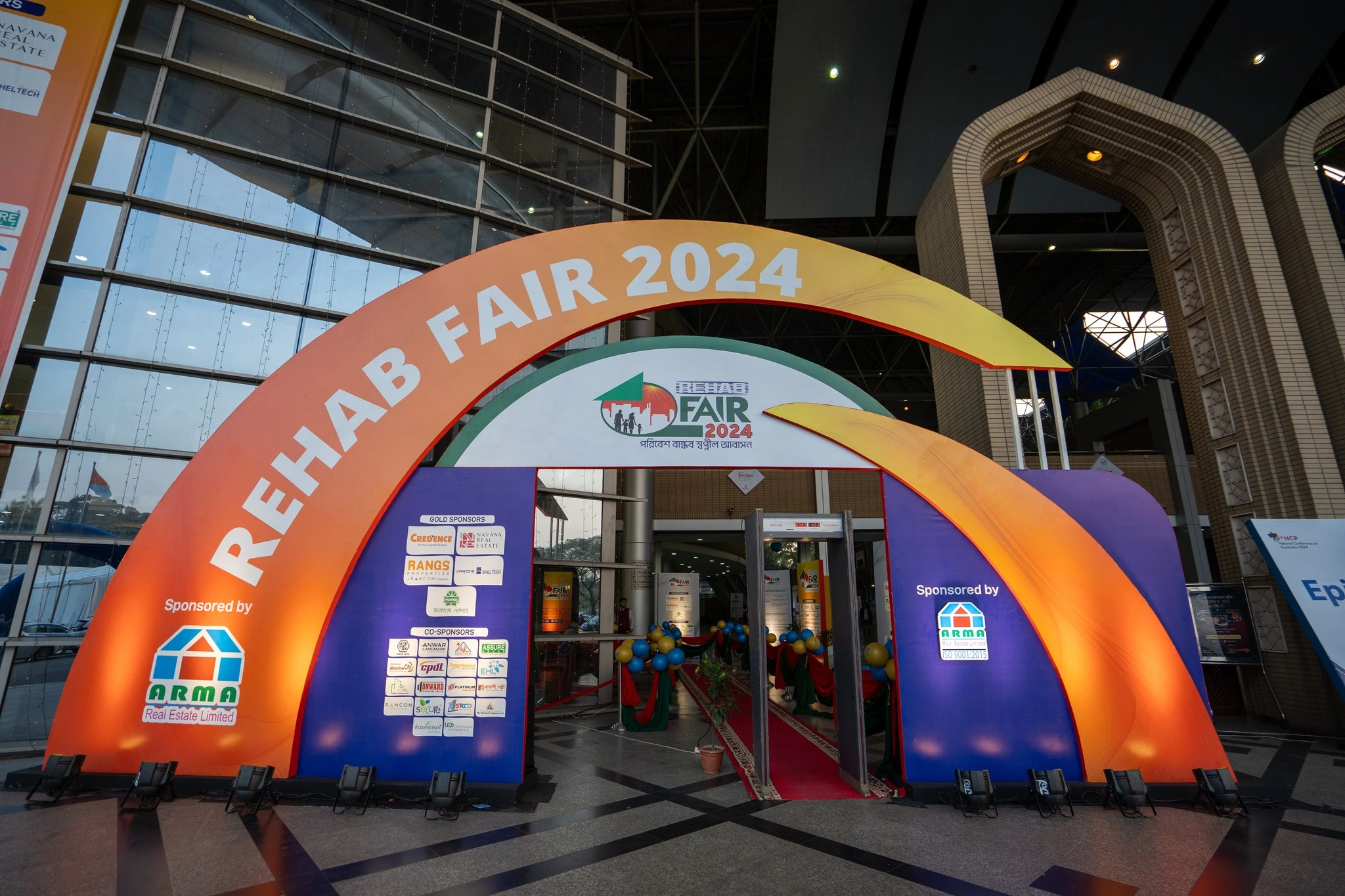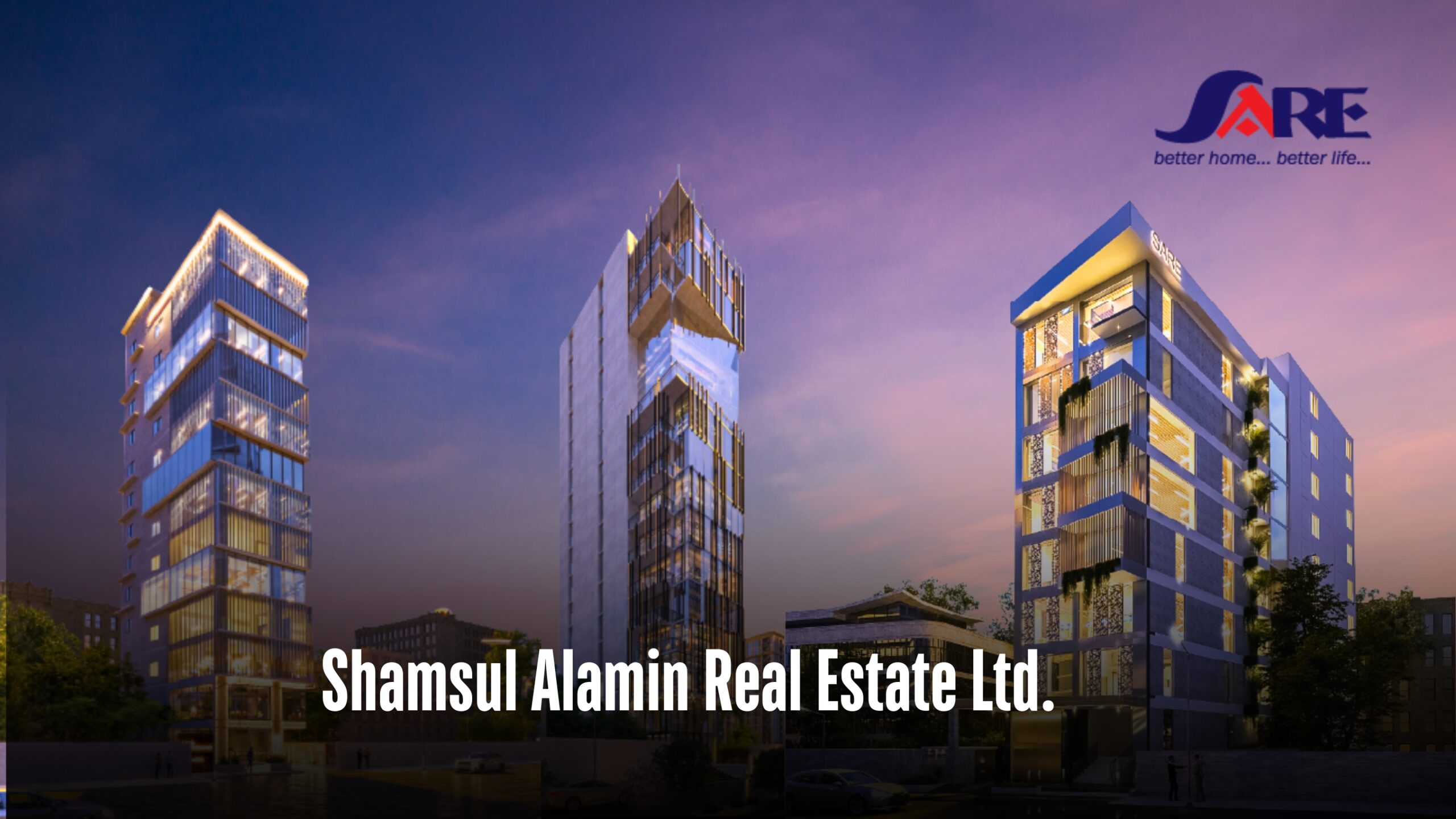
In 1992, when Dhaka’s middle class was just beginning to dream beyond modest apartments, a quiet vision began to take root. It was not about towers or market share but something simpler: “We stand for more than just buildings. We stand for trust, quality, and long-term relationships,” said Wasif Shamsul Alamin, Executive Director of Shamsul Alamin Group.
That ethos, inherited from his grandfather, has since grown into one of Bangladesh’s most enduring real estate legacies.
From its official founding in 2003, Shamsul Alamin Real Estate Ltd. built its reputation project by project, with a principle as straightforward as it was profound—do what you promise.
“Our reputation wasn’t built on advertising slogans; it was built on living up to our core principles of trust and quality, project after project,” Wasif explained.
Today, with more than 50 completed projects across Dhaka, the company’s presence stretches from Gulshan and Banani to Uttara, carrying forward a legacy of care, not just construction.
Resilience in a Changing Market
The journey has not been without challenges. Financing remains a major obstacle, as higher bank rates strain both buyers and developers. Rising costs of steel, cement, and land add further pressure.
Yet the company continues to innovate, exploring modern methods like steel-frame construction and embedding sustainability features such as rainwater harvesting and energy-efficient materials.
“We’re not driven by volume or profit. We’re driven by purpose—to create high-standard, thoughtfully designed living spaces,” Wasif said, underscoring how the firm positions itself in a market projected to reach $3.53 trillion by 2028.
Living Spaces with Soul
In Baridhara’s diplomatic enclave, the company’s philosophy finds expression in Alamin Tonmoy, a residential project that feels more like a sanctuary than a structure. With its lush greenery and private, one-apartment-per-floor design.
Tonmoy embodies what Wasif describes as “homes, not just properties”—spaces where life breathes and privacy thrives.
Back in Gulshan 1, Alamin Angur offers another lens into the company’s vision. Its three-bedroom residences reflect tranquillity and family living, designed for those who value both space and community. Angur demonstrates the company’s sensitivity to everyday life in Dhaka, marrying functionality with understated elegance.
Workspaces for a Modern City
If Tonmoy and Angur show the company’s care for private living, its commercial ventures display equal attention to the rhythm of modern business.

In Banani, A&A Alamin Business Bay reimagines what a workspace can be. With thermal glass façades and wellness- oriented design, it is less about corporate square footage and more about creating an environment where businesses flourish holistically.
At Kakrail, Alamin Capital Square rises with quiet confidence. Its design balances aesthetics with longevity, providing corporate tenants not only modern facilities but also a sense of permanence. From prayer spaces to community floors, the tower reflects a corporate philosophy grounded in dignity and practicality.
Further north, in Uttara, Plaza 15 stands as a landmark of accessibility and commerce. Along the wide Gareeb-E- Newaz Avenue, the development’s positioning makes it a hub where business meets community. Its scale and convenience are matched by a forward-looking approach to safety, offering Dhaka’s new commercial class both ambition and assurance.
Problems that Demand Solutions
Yet behind this skyline of promise lies a sector grappling with deep-rooted problems. Financing remains perhaps the most pressing.
As Wasif explained, interest rates on home loans now hover between 9 and 18 percent, making mortgages unaffordable for many aspiring homeowners. Developers, too, feel the squeeze as project financing grows increasingly expensive.
“We saw the positive impact when government pushed for single-digit housing loans,” he recalled. “Those initiatives truly stimulated demand. To keep this growth going, we need a similar approach.”
Land scarcity in Dhaka adds another layer of complexity. Prices continue to soar, putting pressure on companies committed to affordability.
Add to this the volatile costs of raw materials—cement, steel, glass—and the challenge of offering high-quality housing at reasonable prices becomes all the more daunting.
For firms like Shamsul Alamin Real Estate, the task is not only to build but to do so within constraints that demand creativity and resilience.

A Sector of Immense Potential
Still, the potential of the sector is undeniable. With rapid urbanisation and a rising middle class, demand for housing remains resilient—even in the wake of global disruptions like COVID-19.
Over the past 15 years, Bangladesh’s real estate market has witnessed remarkable growth, now valued at $2.68 trillion and projected to expand to $3.53 trillion by 2028.
“Urbanisation and rising incomes are driving huge demand for homes. The numbers speak for themselves,” Wasif observed, framing real estate as not just an economic driver but a reflection of the nation’s transformation.
Charting a Way Forward
The solutions, according to Wasif, must come from both industry and policy. Innovation in design and construction can help lower costs and speed up delivery. Techniques like steel-frame building, once an experiment, are now becoming viable tools for efficiency.
Sustainable features—energy-saving materials, green spaces, rainwater harvesting—are being embedded not just for environmental reasons, but because they reduce long- term living costs for homeowners.
Policy, too, must evolve. Affordable, long-term mortgage schemes would unlock home ownership for middle-income families, while easier access to credit for developers could keep projects moving forward.

Collaboration between state and private sector, Wasif argued, is the key to ensuring that the housing dream remains within reach for millions of Bangladeshis.
Building More than Structures
For Wasif, the mission is deeply personal. “Working in this company means being part of something bigger than just business—it’s about contributing to a legacy of honesty, care, and creating lasting value in people’s lives,” he said.
In his words, real estate is not about concrete alone—it is about the dreams of families, the pride of ownership, and the future of a city that is still writing its skyline.
Shamsul Alamin Real Estate is not chasing volume. It is chasing value. And in doing so, it continues to remind Dhaka that the real measure of a company lies not in the towers it builds, but in the trust it earns.
Photo: Courtesy



